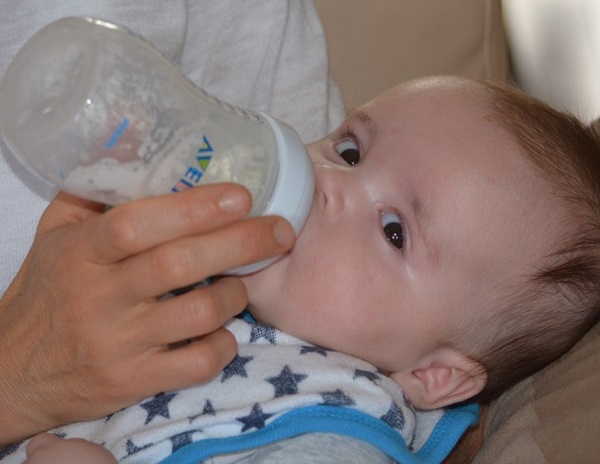BALTIMORE, MD—The Maryland Department of Health has announced resources available for Maryland families impacted by the national infant formula shortages.
Since the February recall of several infant formula products and current shortages, MDH has been working with partners to provide information and resources to families.
“MDH is working with federal, state, local, and community partners to ensure Maryland families with newborns and infants have the information they need regarding options during this national formula shortage and recent recalls,” said MDH Secretary Dennis R. Schrader. “We will continue to monitor all aspects of the formula shortage and encourage families to access the numerous resources available to stay up to date.”
The Maryland WIC Program has expanded allowable sizes, brands, and types of formula available with WIC electronic benefits, which are used to purchase infant formula in local retail stores. In addition, MDH is in contact with formula manufacturer Abbott Nutrition to monitor the supply and shipment of formula to Maryland.
“During this challenging time, we encourage families who are struggling to find baby formula to contact their child’s primary health care provider,” said Maryland American Academy of Pediatrics President Dr. Debbie Badawi. “Your local pediatric health care providers can help you during this time. The Maryland Chapter of the American Academy of Pediatrics has been working with pediatricians in Maryland to make sure they are aware of possible resources. We also remind families to never dilute your formula as this could make your baby very ill.”
MDH recommends the following for families in need of formula:
- If you are a Maryland WIC participant, contact your local WIC office for assistance locating products or making changes to your WIC food benefits.
- If you are not a Maryland WIC participant, visit the Maryland WIC website to learn how to apply, or call your local WIC office (or 1-800-242-4942) to find out if you are eligible for benefits.
General guidance
- Do not dilute infant formula. Adding extra water or other liquids to infant formula can be dangerous and life-threatening for babies, leading to serious nutritional deficits and health issues.
- Do not use homemade formulas. Formulas made at home often lack the critical nutrients that babies need.
- Use a different brand or type of formula if available. For most babies, it is OK to switch to any available formula. Call your child’s health provider if you have questions.
- If feeding a baby with human milk from a source other than the baby’s mother, you should only use milk from a source that has screened its milk donors and taken other precautions to ensure the safety of the milk.
Specialized formulas
- If your baby needs a special formula, your child’s health provider can advise you on a comparable formula to use.
- If you are still unable to find a specialty formula, contact a manufacturer’s hotline:
- Gerber’s MyGerber Baby Expert
- Abbott’s Consumer Hotline: call 1-800-986-8540
- Abbott’s urgent product request line: Ask your OBGYN or your infant’s pediatrician to submit an urgent product request by downloading and completing the form – PDF
- Reckitt’s Customer Service line: call 1-800 BABY-123 (222-9123)
For more information, families can visit the American Academy of Pediatrics or the U.S. Department of Health and Human Services.
Photo via Pixabay


